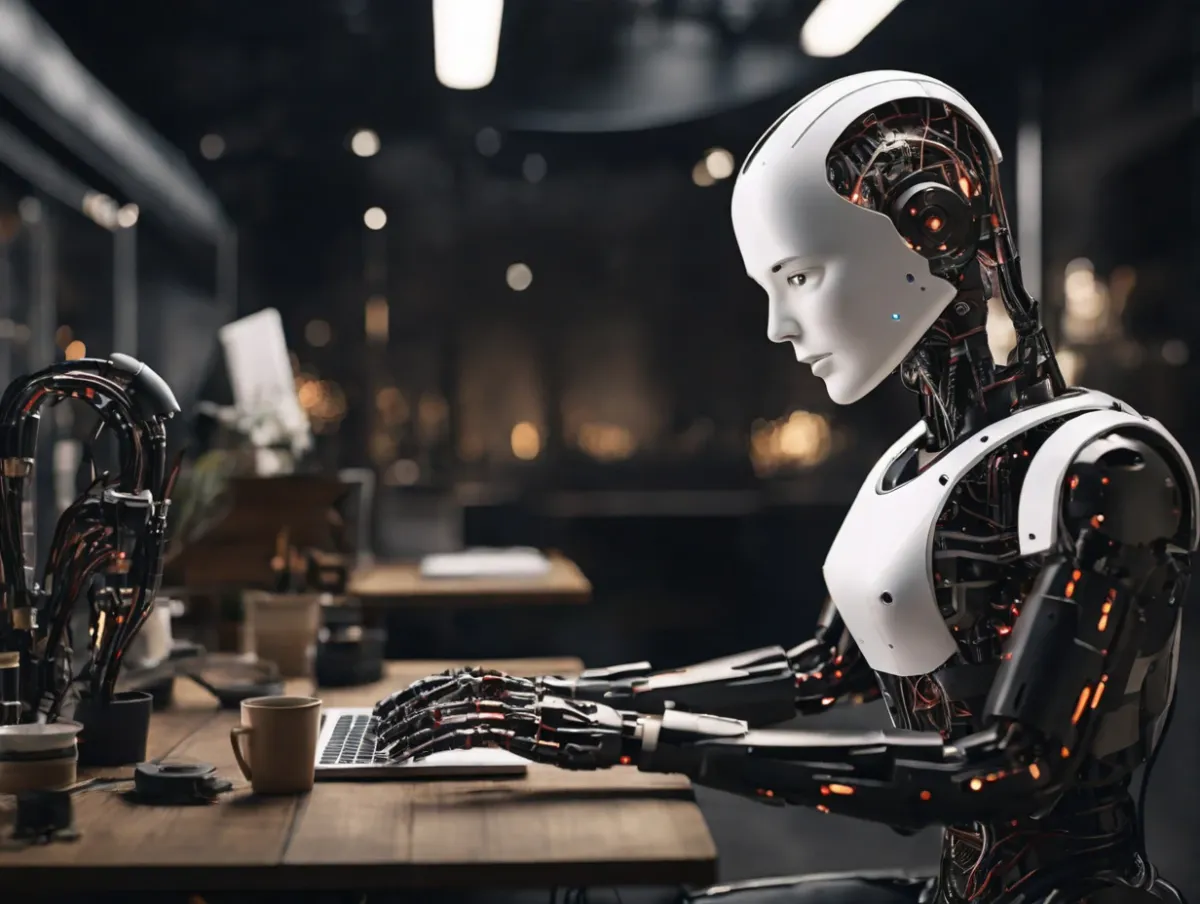AI's Impact on Employment: 41% of Companies Plan Workforce Reductions

A recent survey conducted by the World Economic Forum reveals that 41% of global companies plan to reduce their workforce by 2030 as a result of artificial intelligence (AI) and automation. This finding underscores growing concerns that AI technologies, particularly in fields like customer service, data entry, and basic analytics, are increasingly replacing human labor. Companies are leveraging AI to enhance productivity, cut costs, and streamline operations—often at the expense of traditional job roles.
Despite this projected wave of workforce reductions, the survey also indicates that many employers are not simply aiming to eliminate jobs. In fact, 77% of respondents said they intend to invest in reskilling and upskilling their existing employees. This suggests that while some roles may become obsolete, others will evolve or be created as organizations adopt new technologies. The goal, according to many firms, is to better integrate human workers with AI systems, allowing employees to focus on more strategic, creative, and interpersonal tasks that machines can’t replicate.
The report emphasizes that governments and educational institutions must play an active role in this transition by supporting lifelong learning and workforce retraining programs. Without such efforts, there is a risk that the benefits of AI will be unevenly distributed, deepening economic inequality and social unrest. The challenge for policymakers and business leaders alike is to ensure that AI-driven progress results in shared prosperity—not widespread displacement.




